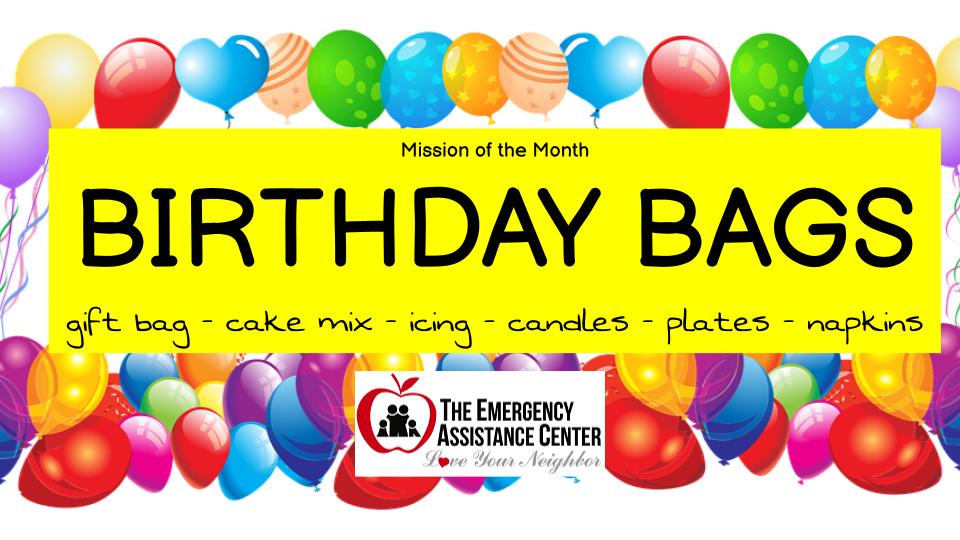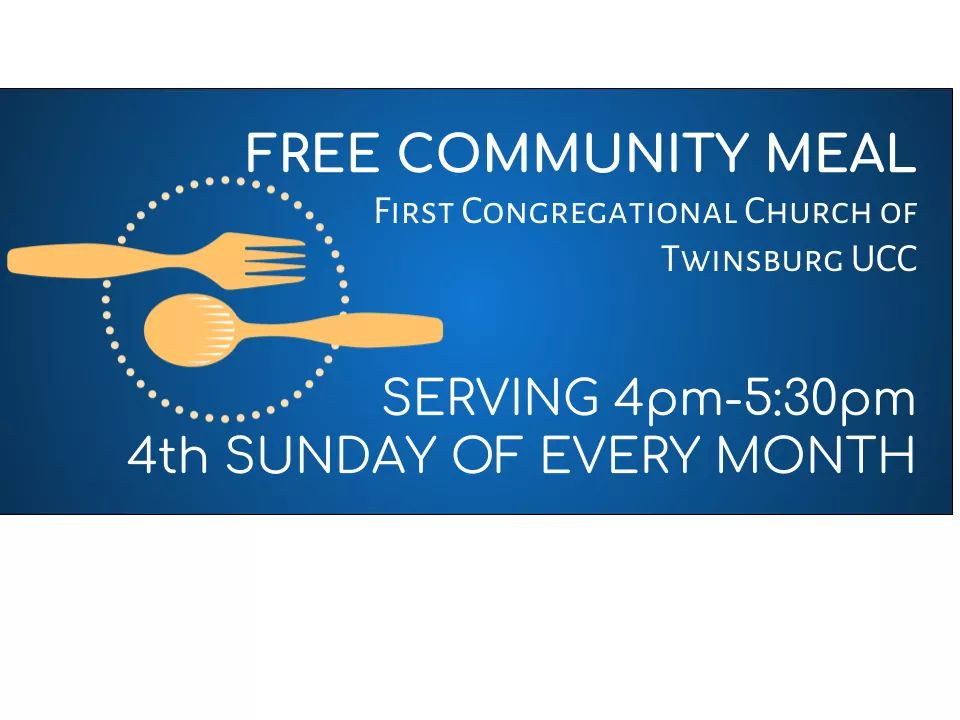One thing that stands out in the earlier chapters of Mark is what is called “demon possession.” Many commentators shrink back at this term. They know the history of the mentally ill being called demon-possessed. They also know the excess in some parts of the church about exorcisms, coupled with the entertainment industry’s over-the-top use of this in the horror genre. But the Gospel deals with it as a part of the human condition that the good news of Jesus addresses.
Mark’s favorite term for this is “unclean spirit.” What are the factors that make people feel “unclean”? We as a society are obsessed with the cleaning of our bodies. Just go to the typical grocery or drug store and look at the long aisle devoted to soaps, shampoo, shower gels, and other personal cleansers. Couple all this with the equally packed aisle for products to clean our houses, clothes, and pets; maybe the advertising industry has tapped into something. We seem to obsessed with getting clean.
Then what makes us feel unclean? Shame, failure, weakness, betrayal, exposure, abuse are just a few examples of us feeling unclean. A bar of Safeguard will not mitigate these. The world is filled with people weighed down by “uncleanness.” And yet is the church or Christians offering nothing more than moralizations and more condemnations? “Welcoming and Affirming” offers a glimmer of hope to those who feel doomed to always being on the outside. Are we prepared to offer it?
Don’t succumb to the temptation to sensationalize the condition that Mark calls demon-possession. But look how each individual is situated, and think what gospel remedy you can offer to them. As we study the Gospel of Mark, we will encounter many with unclean spirits, pay attention to these people and see the human condition that the compassion of the Savior brings hope and healing.
Pastor Greg
Jan 04






